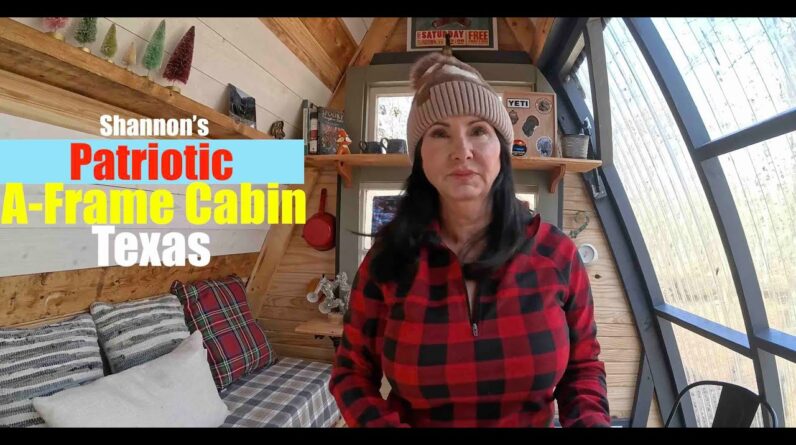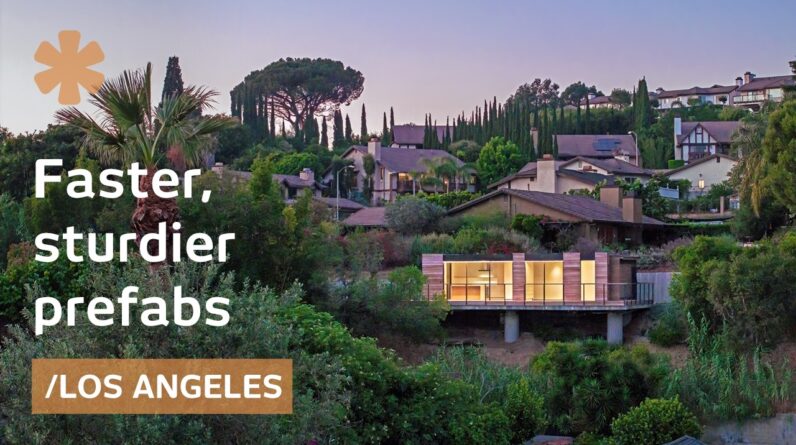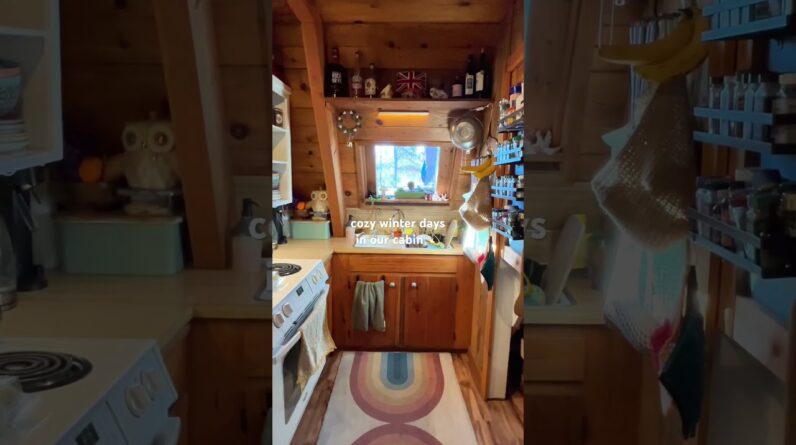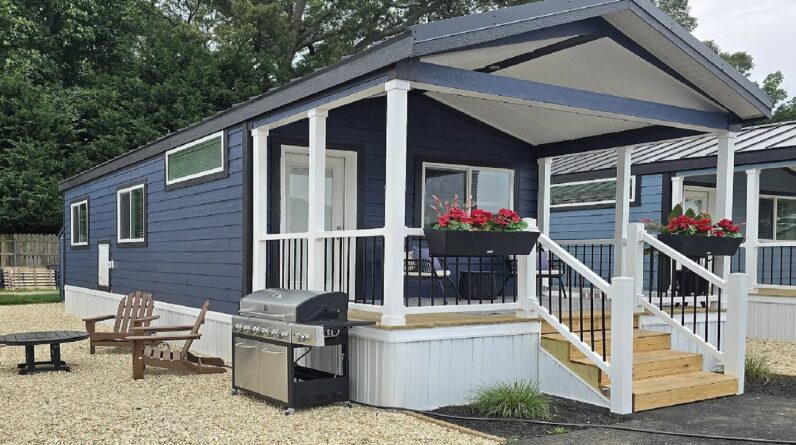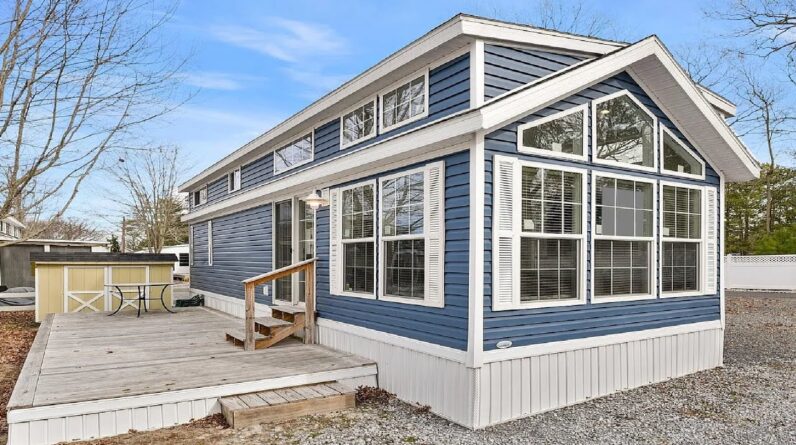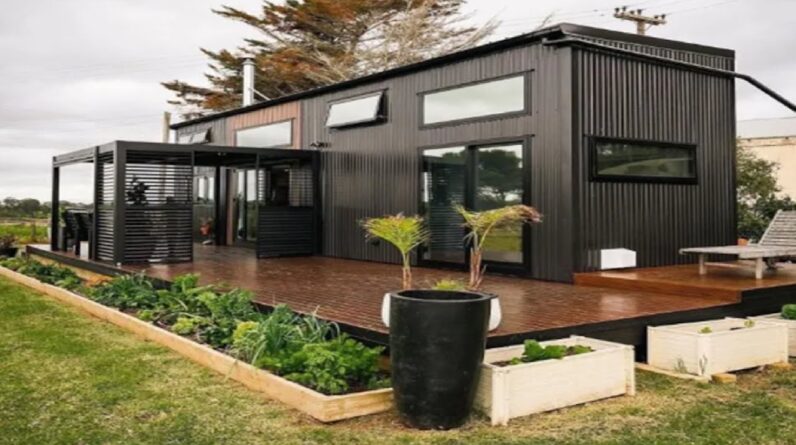David Lee Hoffman has spent 50 years building a composting compound where waste – whether from the toilet or kitchen – is cleaned by worms and reused in the garden. Water flows through moats and even a boat (which hides a 30-foot column that taps into groundwater), and everything is powered by solar.
Most of Hoffman’s system isn’t legal, according to his local county (Marin, California), and Hoffman has spent decades fighting the local government.
TIMELINE:
— View of David Lee Hoffman’s compound, The Last Resort, his personal home, and tea production facility in Northern California: 00:10
— Original property value: David paid $38K for it: 00:25
— Visiting the chicken coop: 01:15
— The boat pond reservoir, among his first structures in a property relying on circular water management: 02:00
— 30 feet well with solar-pumped water: 02:20
— The property’s motto, as explained by David Lee Hoffman in 3 Eastern characters (he lived in Europe and in China for years at a time): 03:00
— Water-flushed composting toilet: 03:30
— Explaining the fish tank connected to plants and to the toilet: biodigestion: 04:00
— Rainwater wash faucet (using a solar-powered 12-volt pump). Four 12-volt pumps circulate the water system, all connected to a single solar panel: 05:00
— The Last Resort’s “intestines,” or purification system: 05:50
— Composting toilet inner workings, using vermicomposting: 06:50
— Introducing the Worm Palace at The Last Resort: 07:50
— The worm colony descends from the first worms David brought to the property 50 years ago: 08:20
— Feeding the Worm Palace (main worm composting bin, built on the shape of an Eastern pagoda): 08:30
— “The magic of worms,” as explained by David Lee Hoffman: 08:50
— Efficiency of the biodigestive system: “no odors”: 09:40
— Worms take care of food scraps and black water treatment. The black water composting bin “goes through more steps of decomposition”: 10:15
— Scalability of Hoffman’s biodigestive system, according to its creator: 11:10
— Difficulty in permitting unusual structures & systems in areas with zoning restrictions. David Lee Hoffman’s experience with the county, as explained by him: 11:30
— David’s kitchen furnace and slow cooking philosophy: 12:20
— Wood-ash activation with water for washing: 12:30
— David Lee Hoffman’s “lick your hands after washing them” test: 14:30
— Putting food on the table: 14:50
— David Lee Hoffman’s stone pots for cooking and storing food. Originally designed for the solar cooker: 15:20
— Chatting with David’s friend, movie director Martin Brest (Meet Joe Black, Midnight Run): 16:30
— Structural details, inspired by Easter architecture and Northern California vernacular, and work-in-progress for tea storage: 17:10
— “Tea-heated” bedroom structure atop the property, made of pencil factory scraps and aged by weather over the decades: 18:30
— Visiting the rest of the compound: 20:00
— Meet David’s 70-year-old working fridge, bought “old” second-hand and “never serviced” since; going strong 20:35
— A paradise for hummingbirds and other species: 2140
— David Lee Hoffman’s philosophy and drive: “it all works; the systems work”: 23:00
On the day we arrived at his worm-topia, he’d been told he had just one more day to evacuate the 2-acre sanctuary he calls “The Last Resort.” One of his supporters (he has many helping him raise money for his legal battle) opened the door for us and turned out to be Oscar-nominated director Martin Brest (Scent of a Woman, Meet Joe Black, Midnight Run) who recently penned a letter to the county calling The Last Resort “an environmental laboratory that has perfected systems that—among other invaluable achievements—have turned it into one that USES ONLY 10-20% OF THE WATER of comparable adjoining properties, even while maintaining an extensive organic vegetable garden.”
For Hoffman, “water is life,” not just because he wants clean water to grow his own food but also to create the teas (the Phoenix collection of rare, artisanal teas) that help support his lifestyle (he opens up his property every Saturday for tea tasting). He doesn’t believe in waste “until it’s wasted” and lives by the principles: “Water is precious, soil is sacred, shit is a resource.”
His bedroom is a shack the size of a bed built from wood salvaged from a pencil factory. He has plans to place it directly on top of a tea fermentation room to capture the waste heat via piping to warm up his bedroom.
The Last Resort:
Phoenix Collection teas:
Martin Brest’s letter:
On *faircompanies:


